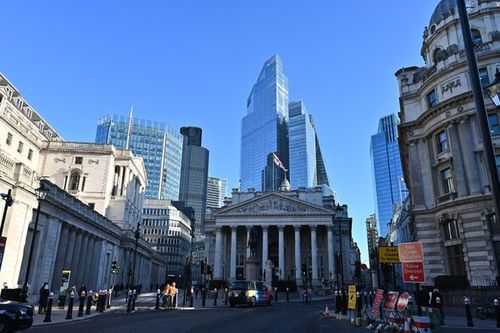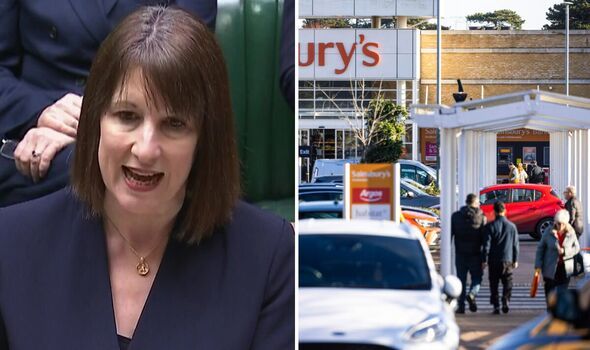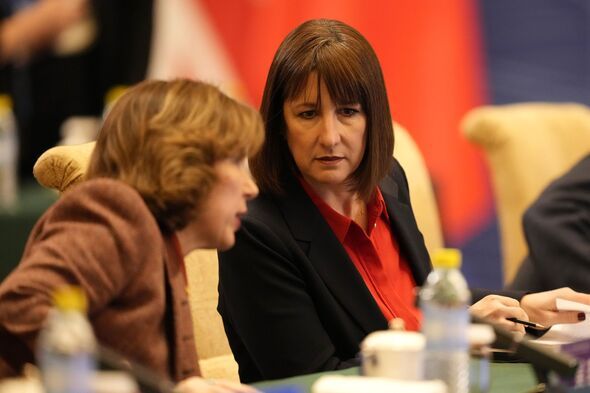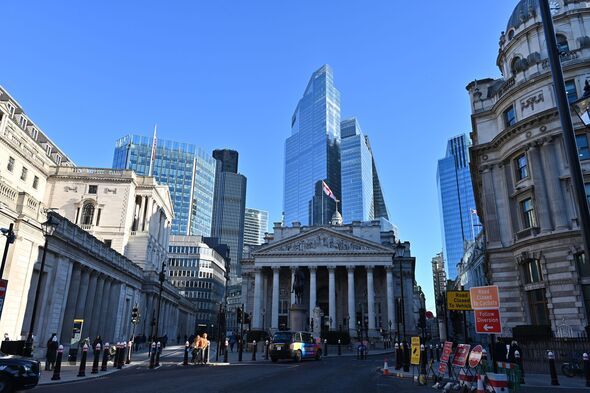

is set to accelerate despite an unexpected dip announced today, has been warned.
This morning, it was announced that inflation dropped to 2.5% in the year to December, down from 2.6% the month before.
This was the first fall in for three months.
But now, have been warned to stay on "high alert" and not get complacent as the rate of price rises will increase yet again, an expert has said.
Nigel Green, the CEO of financial advisory firm the , said: "While this temporary decline has provided a glimmer of hope for policymakers and markets, it's not the end of the inflationary battle."
He added: "Investors must remain on high alert as the dual threat of persistently high inflation and stagnant growth still looms large. Be alive to the very real stagflation risks."
The finance boss then explained why price rises are set to accelerate again.

Mr Green said: "This decline in inflation, though seemingly positive, was largely influenced by transitory and volatile factors, such as falling airfare costs, which are unlikely to sustain long-term deflationary pressure.
"As a result, we maintain that inflation is poised to reaccelerate in the coming months, reasserting its grip on households, businesses, and markets."
The drop means that the Bank of England may use this moment to adjust its policy stance, the expert explained.
Expectations have been raised of an interest rate cut next month. But the deVere Group says that bank officials now face a "delicate balancing act" as it weighs the merits of cutting interest rates to spur growth against the need to curb inflation over the long term.
It adds: "While lower rates might provide short-term economic relief, they could also reignite price pressures, particularly in the absence of significant structural reforms or external economic shocks. Further complicating the landscape is the risk of a policy misstep.

"A premature rate cut could stoke inflationary pressures further, while delaying action may risk exacerbating economic stagnation. Investors are therefore urged to pay close attention to the central bank's policy signals in the coming weeks."
It comes after days on economic chaos. Last week, Sterling slumped to its lowest level against the US dollar for more than a year as Government borrowing costs skyrocketted.
Yields on bonds continued to rise, up eight basis points to 4.89 for 10-year gilts. This was the highest since 2008.
Ms Reeves has faced criticism after announcing in her Budget on October 30 that the basic rate capital gains tax on profits from selling shares was to increase from 10% to 18%. The higher rate will rise from 20% to 24%.
Employers are also to pay National Insurance (NI) at 15% on salaries above £5,000 from April, up from 13.8% on salaries above £9,100.